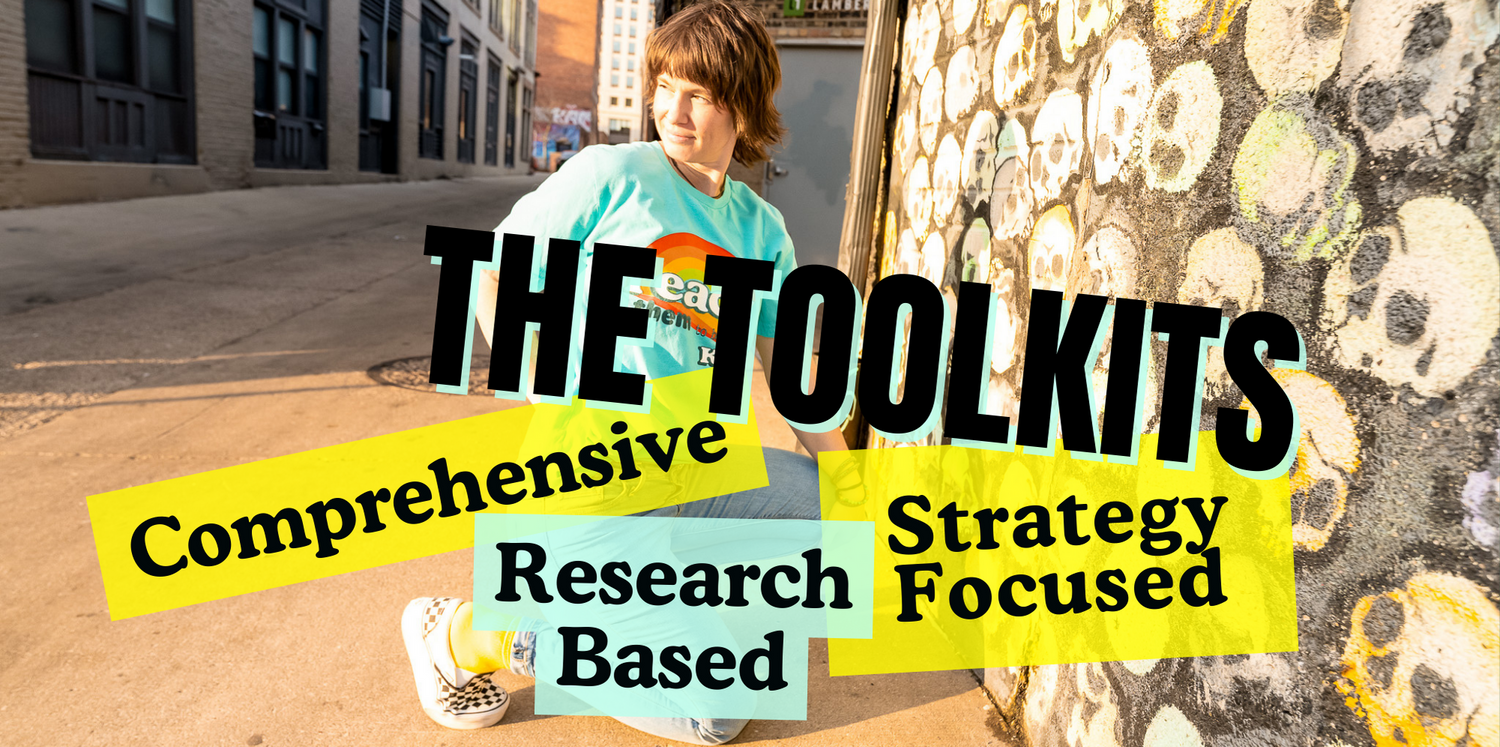
Dopamine and ADHD: A Love Hate Relationship
Share
Dopamine is like the VIP of neurotransmitters, running the show when it comes to motivation, reward processing, retention and recall, and emotional regulation. But when it comes to ADHD (Attention-Deficit/Hyperactivity Disorder), dopamine can sometimes throw a curveball. In folks with ADHD, there's a bit of a mix-up in how dopamine works, leading to challenges in staying focused, reining in impulses, and keeping behavior in check. This mix-up can really throw a wrench in the works when it comes to doing... well anything that involves being a student, since dopamine is the brain's way of saying, "Hey, that thing you're doing? It's totally worth it. Stop daydreaming and focus!" So, when tasks require a lot of effort, patience AND emotional regulation, the dopamine system might not be up to the task of providing what's needed. This can make it tough for students with ADHD to stick with things that don't offer an immediate payoff or are just downright frustrating.
It's not the child, it's the dopamine.
It turns out this neurotransmitter is also a key player in memory. In people with ADHD, dopamine levels and how its receptors work can be a bit wonky. This can mess with memory, making it tricky to recall information or hold onto it for the long haul, especially when it's not the most exciting stuff. So, while most of us might remember a catchy tune or a thrilling movie scene, someone with ADHD might have a harder time remembering that pesky times table or historical date.
Now, let's talk emotions. Dopamine doesn't just stop at motivation and memory—it's also got its hands full with emotional regulation. For those dealing with ADHD, keeping emotions in check can be a real challenge. The dopamine rollercoaster can lead to impulsiveness, irritability, and emotional outbursts. It's like having a dial that goes from 0 to 100 in a split second, making it tough to keep cool in stressful or frustrating situations. This can make social interactions tricky and add an extra layer of difficulty to managing stress and emotions.
Feeling helpless to solve the dopamine conundrum? Check out my ADHD toolkit HERE.
When it comes to authority figures, the struggle is real for ADHD students. Imagine dealing with someone who just doesn't get it—someone who sees your fidgeting or daydreaming as deliberate defiance, rather than a symptom of ADHD. This misunderstanding can lead to feelings of defiance and helplessness. Instead of getting the support and understanding they need, these students might face punishment or criticism, which only makes things worse. It becomes a vicious cycle of feeling misunderstood and reacting with more defiance or withdrawal until we are finally like "Ya know what, since you just yell at me all the time, I'm gonna give ya something to yell about."
To top it off, dealing with overly controlling authority figures can increase anxiety in students with ADHD. The constant criticism and pressure to meet challenging standards can make them feel inadequate and afraid of failing. This fear of falling short or being reprimanded can create a persistent state of anxiety, which in turn makes it even more difficult for them to concentrate and succeed. This challenge is compounded when authority figures switch between being affectionate and critical based on the students' behavior, which can feel like being in an abusive relationship.
Understanding the role of dopamine in ADHD can help educators and authority figures provide appropriate support and guidance. By acknowledging the difficulties faced by students with ADHD and offering empathy and understanding, while also maintaining accountability with warmth, we can create a more positive and empowering environment for these students to thrive.
Want to know what you can do to support students with ADHD in the classroom? Check out the ADHD toolkit HERE.
Check out my next post about supporting ADHD students in the classroom HERE







